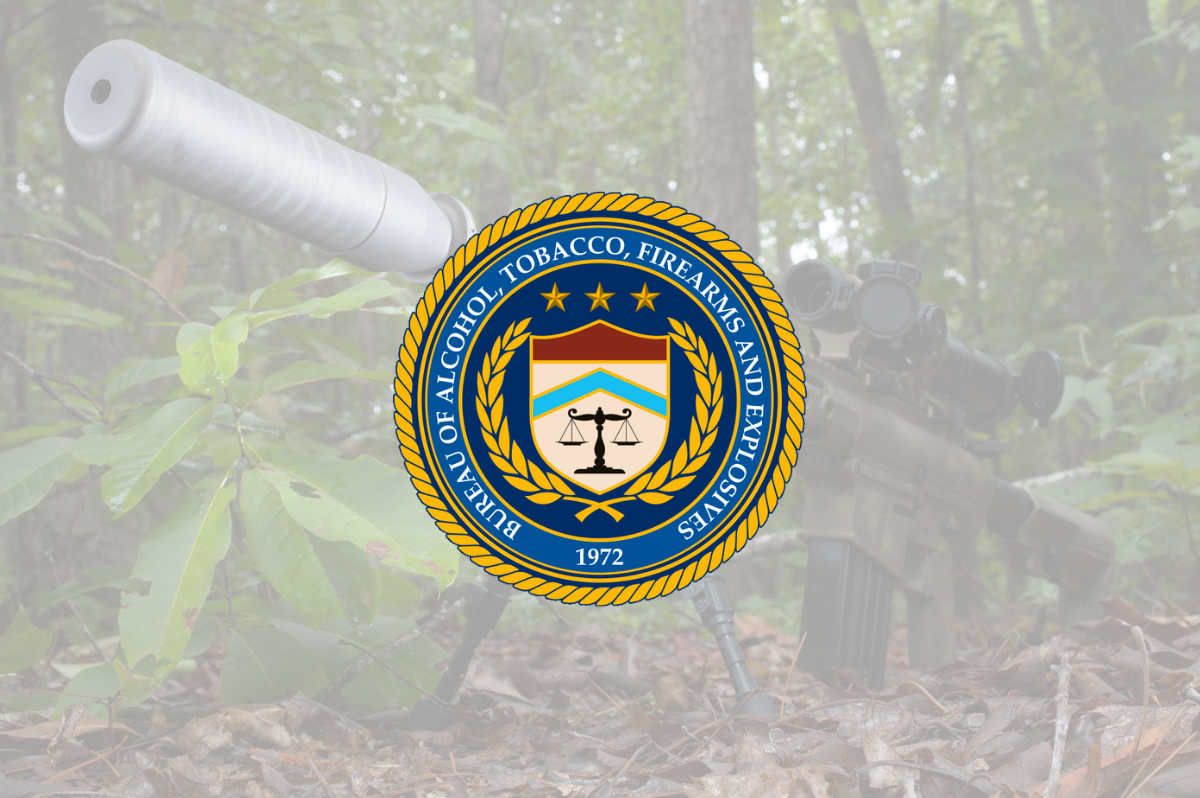
 1
1 
On November 20, 2023, the Bureau of Alcohol, Tobacco, Firearms and Explosives (ATF) issued a significant open letter to all Federal Firearms Licensees. The subject? The use of solvent traps as firearm suppressors. This blog post aims to provide an in-depth summary of the key points addressed in the letter, clarify the agency’s stance on the issue, discuss the public safety concerns, and outline potential legal consequences.
Traditionally, a solvent trap is a firearm barrel cleaning accessory that allows you to recycle solvent, thus saving money and protecting the environment. However, the ATF has now taken a closer look at these devices and their potential misuse.
The ATF’s open letter states that certain design features can lead to a solvent trap being classified as a “firearm silencer” under the Gun Control Act (GCA) and National Firearms Act (NFA). These design features include attributes such as holes or marks indicating where holes should be drilled, baffles, spacers, a ported inner sleeve or tube, an expansion chamber, end caps, or dampening material.
Misuse of solvent traps as firearm suppressors raises serious public safety concerns. The ATF warns that improper use of these devices could potentially harm individuals and pose a threat to public safety.
The ATF strongly emphasizes in the letter that the importation, manufacture, and transfer of silencer parts must adhere to the provisions of the GCA and NFA. Individuals who currently possess solvent traps classified as silencers cannot register them in the National Firearms Registration and Transfer Record (NFRTR).
Violations of these regulations can lead to severe penalties under the NFA. The ATF states that those who violate these regulations could face penalties outlined in 26 U.S.C. §§ 5871 and 5872, which detail penalty provisions and seizure and forfeiture provisions of the NFA.
The ATF’s open letter underscores the importance of correctly abiding by federal and state firearms laws. Individuals unsure about the classification of a device they possess are encouraged to contact their local ATF Field Office.
In conclusion, it is crucial for all individuals and Federal Firearms Licensees to familiarize themselves with these regulations. Awareness and adherence to these laws not only ensure public safety but also help individuals avoid serious legal consequences.

 1
1
This is an important reminder that these devices can easily be converted for criminal use and should be handled with care. We must all take responsibility to ensure that gun safety regulations are followed to keep our country safe.